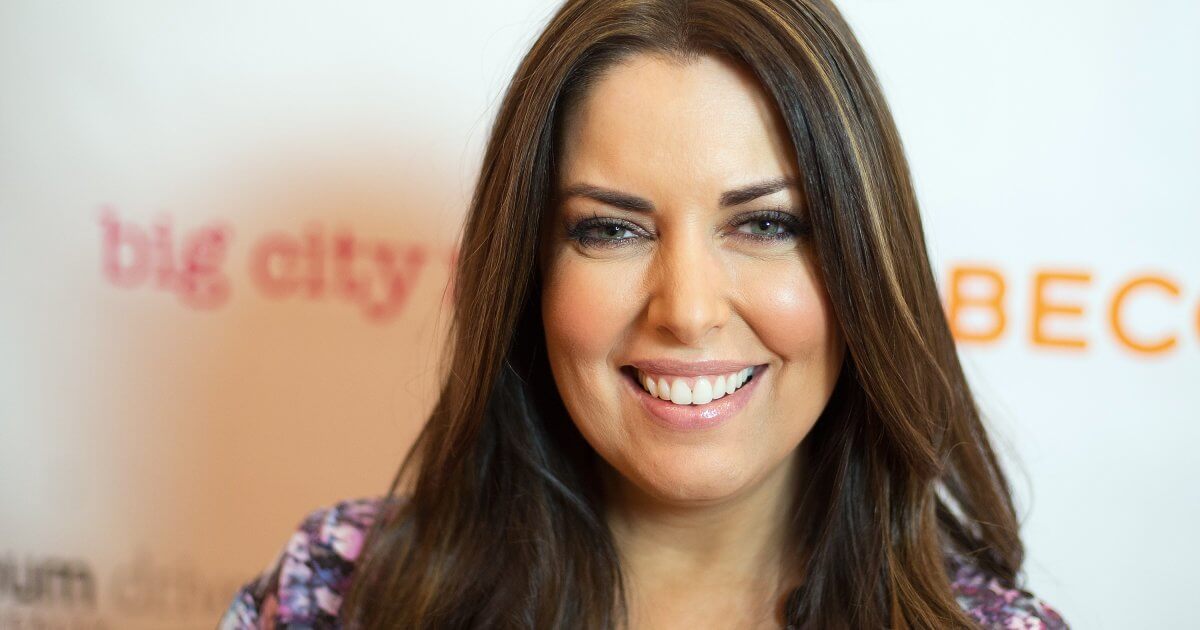The Journey of Grief
- TODAY contributor Bobbie Thomas opened up about the death of her husband for the first time since his passing with Hoda Kotb.
- She is sharing her experience because she wants others in a similar situation to know they are not alone.
- Losing a loved for any reason, including cancer, can cause immeasurable pain. But opening up to others and seeking additional resources like therapy can make a huge difference.
Marion had various health issues throughout his life. Thomas knew he had an immune system condition called common variable immunodeficiency (CVID) before the two married in 2013, but the health complications that later ensued were shocking. Four years after Thomas gave birth to Miles, their first child, 40-year-old Marion suffered a stroke while on a business trip. He recovered, but a bacterial infection in the fall of 2020 led to complications that he could not overcome. The pain of his loss is still a very fresh wound, but Thomas wants to share her experience to help others.
Read MoreBut that doesn’t mean she hasn’t struggled. One of the hardest things she’s had to deal with is watching her son mourn his father’s loss. Miles has even asked his mother, “Who invented it, and why?” She thought he might be talking about a truck or something simple like that, but his question was much more profound. “This life” was what he was referring to.
“He was still trying to figure out how we could all be together,” Thomas explained.
And even though he can’t be physically with his family any more, Marion lives with them in their memories and even in the smell of some unwashed T-shirts. Still, the pain is very real, and Thomas wants everyone going through this complex feeling of loss to know that they are not alone.
“Grief is a riddle,” Thomas said. “It has a beginning but no end, and it can hit you out of nowhere and cause you to react in mystifying ways. Sometimes it feels like hunger, other times like exhaustion. It’s impossible to contain or to explain.”
Grief Is a Journey
Losing a loved for any reason, including cancer, can cause immeasurable pain. Allowing yourself the time and space to mourn is essential, and one place to start can be seeking out independent support resources such as therapy.
In an earlier interview with SurvivorNet, Camila Legaspi shared her own advice on grief after her mother died of breast cancer. For her, therapy made all the difference.
"Therapy Saved My Life": After Losing A Loved One, Don't Be Afraid To Ask For Help
"Therapy saved my life," says Legaspi. "I was dealing with some really intense anxiety and depression at that point. It just changed my life, because I was so drained by all the negativity that was going on. Going to a therapist helped me realize that there was still so much out there for me, that I still had my family, that I still had my siblings."
"When you lose someone, it's really, really, really hard," says Legaspi. "I'm so happy that I talked to my therapist. Keep your chin up, and it's going to be OK. No matter what happens, it's going to be OK."
Bobbie Thomas explained that she and her husband “were so deeply bound.” And losing a partner, like Thomas did, can be incredibly hard. In another earlier interview with SurvivorNet, Doug Wendt shared his thoughts on the grieving process after losing his wife, Alice, to ovarian cancer.
"We're never gonna move on, I don't even think I want to move on, but I do want to move forward," Wendt said. "That's an important distinction, and I encourage anybody who goes through this journey as a caregiver and then has to face loss, to think very carefully about how to move forward."
Learn more about SurvivorNet's rigorous medical review process.


